Looking for a new job can be a daunting and scary task. Especially, in a saturated and crowded market, the last thing you want to be is forgettable. There are a million things that run through and interviewees mind. You’re anxious and sweaty and the very last thing on your mind is to prolong that interview. But if you really want that job there are a few things you can do to show the interviewer you would be a great fit. One of those things is to always end your interviews by asking questions.
Most interviews will end with a, Do you have any questions for us? It could look like you’re uninterested or ignorant if you answer with a No, Thank You. It doesn’t make the greatest first impression and you run the risk of looking rather generic-even if all of your responses were flawless and on paper, you look like the perfect candidate. You needn’t ask all of the questions below because the interviewer might answer some of them through the interview. And sometimes, these questions just aren’t relevant to the company or the position being offered.
Here are a few important questions to ask at a job interview:
1) What are the most important things for me to accomplish in the first 3 months of being hired for this position?
This question allows you to align with the company’s mission and will feel a sense of purpose in the new role. You also get a sense of your priorities if you do join the organisation. Armed with this knowledge you might be able to plan ahead or even chart out a plan of action. Asking this question will also allow you to measure your own growth at the end of 3 months. A great candidate would hit the ground running and start contributing to the workplace from day 1.
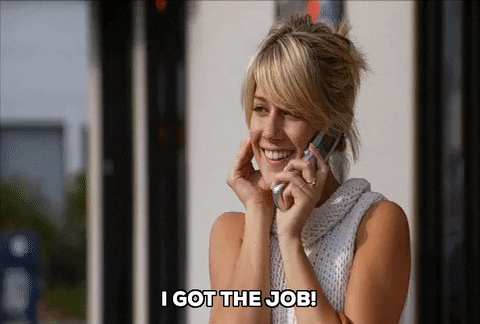
2) How do you see my skills and experience fitting in with the needs of your company and what are some of the skills one is required to have to succeed in this position?
This question lets the interviewer know that you are open to feedback and change. Asking for clarity on the skills required to guarantee success shows you are curious about learning their POV in business. It shows your ambitions to succeed and proactiveness to tweak one’s skills as required. This gives both you and the interviewer the opportunity to discuss what the company values in an employee. It will determine if you truly are a good fit for the organisation.

3) What type of career opportunities may open up for a person starting out in this type of position, assuming they perform well?
This question helps you to understand the structure of the organization and if there are opportunities to progress in your career. It’s a great way to find out if a company values growing and developing their employees and if they actively promote from within. It shows intent in a long term association with their company which recruiters always love to see.

4) How would you review and measure one’s performance?
It is important to understand how the company views your work ethic and performance. This is a vital part of professional development because it helps smooth out the bumps in the way one approaches their style of working.
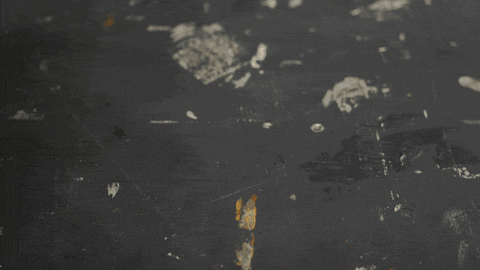
5) Can you describe a typical day in this type of role?
This is an important question especially if this role is different than your previous work experience. It will give you information that could lead to you asking further questions that will help you determine if this position is, in fact, good for your career. It shows the interviewer that you are keen on knowing more about the position.

6) What do you enjoy about working here, how long have you been at the company and what makes you stay?
This allows the interviewer to talk and develop a personal connection. This will give you clarity about the company and the inner workings of it on a personal level. In conclusion, you will make a better-informed decision about whether or not you will work there or not.
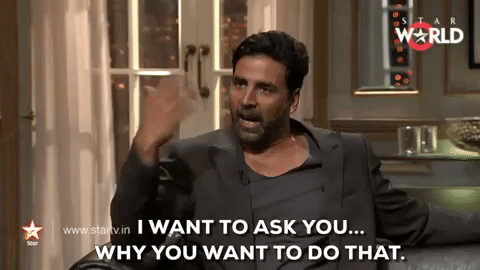
7) How would you describe the work environment and challenges in this particular position?
Pay keen attention to the kind of adjectives they use to describe the company culture. Make sure they align with your goals and the words you use to measure success and growth. Know that all companies are not perfect, so if they are only painting a pretty picture, run. You want to hear them describe the challenges they face too. It will help prepare you to tackle the challenge if you are up to the task. Also, find out about the rest of the team and if they are helpful and welcoming. It helps to have a team that will break your fall.
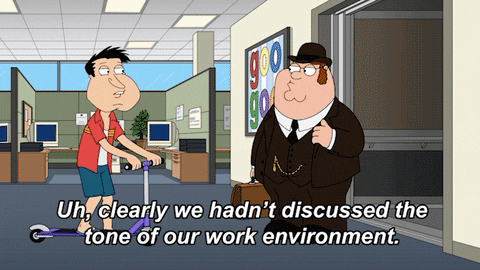
8) When do you expect to be making a hiring decision?
Just getting an idea about how long they normally take to respond should help deal with the anxiety and over-thinking. Most companies will give you a clear timeline and if they dodge this one, then you haven’t made it through round one.

9) What are some of the company’s initiatives regarding learning and development?
The answer to this question can help one identify how a company defines success and what specific behaviours can lead to that success. Now you know how to go about achieving it. This question will shed light on how much you care about learning new things and doing positive work that will surpass expectations.
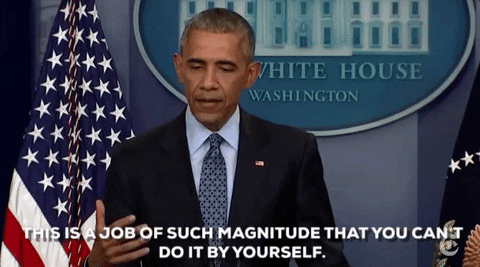
10) What are some of the goals for the company in the short and long term?
Interestingly, this is a question that most interviewers will ask the candidate in question. Turning the tables on them will be a surprise which they will enjoy for sure. It gives them an opportunity to discuss the growth graph of the company and give you an idea of what your future with this company could look like. You don’t want to be aboard a sinking ship!
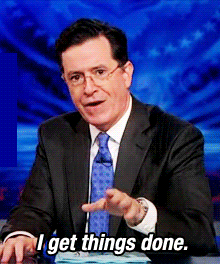
11) Is there anything at all that you’d like me to clarify for you?
You’ll want to ask them this in case they might have missed asking you an important question or just any question at all. It also reveals that you are proactive, calm and collected through the entirety of the interview.

Just a quick recap on how to close the job interview:
- Make sure you have asked all your questions—May I ask you a couple more questions before we end this interview?
- Always prepare a closing statement that sums up your suitability for the job.
- Confirm you have addressed all the interviewers concerns.—Is there anything else you would like me to clarify?
- Express your enthusiasm for the job opportunity and the company and ask about the next step in the hiring process, if they haven’t already mentioned.
- Thank the interviewer, give a firm handshake and make confident eye contact.
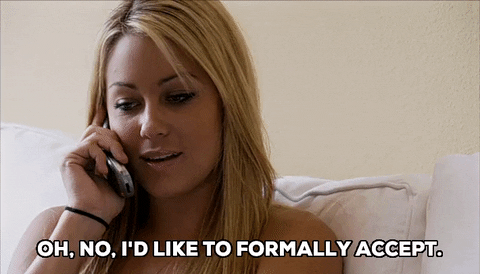
Before committing to the job offer here are some questions to ask yourself:
- What kind of work-life balance do you prefer?
- Would you enjoy the work culture and management style?
- How many days off does one get and how many hours does one have to work?
- Is it an up and coming business or is it an old school, plays by the book business?
- What is the expected dress code?
- Are there any employee benefits?
Always make an informed choice, after all, one’s emotional and mental health is at stake. Find a job that suits your needs.
What are some other job interview questions you think are important? Let me know in the comments below.
Follow @missmalinilifestyle on Instagram for more updates.

